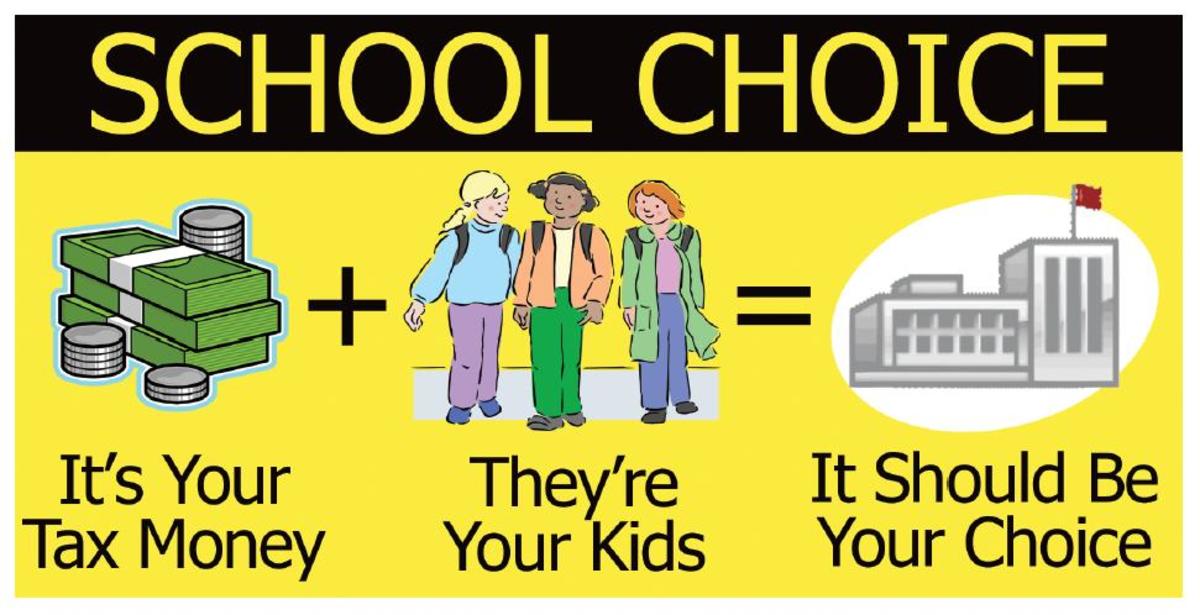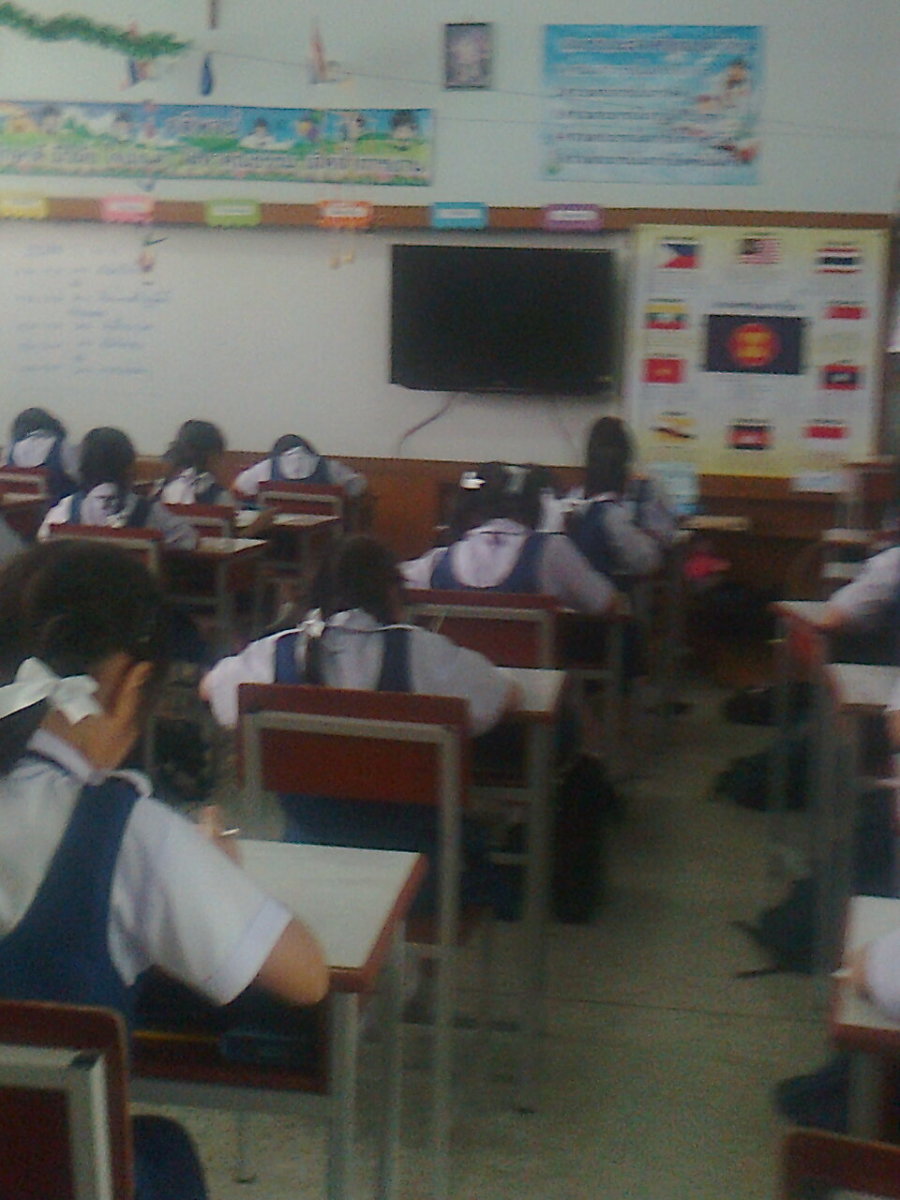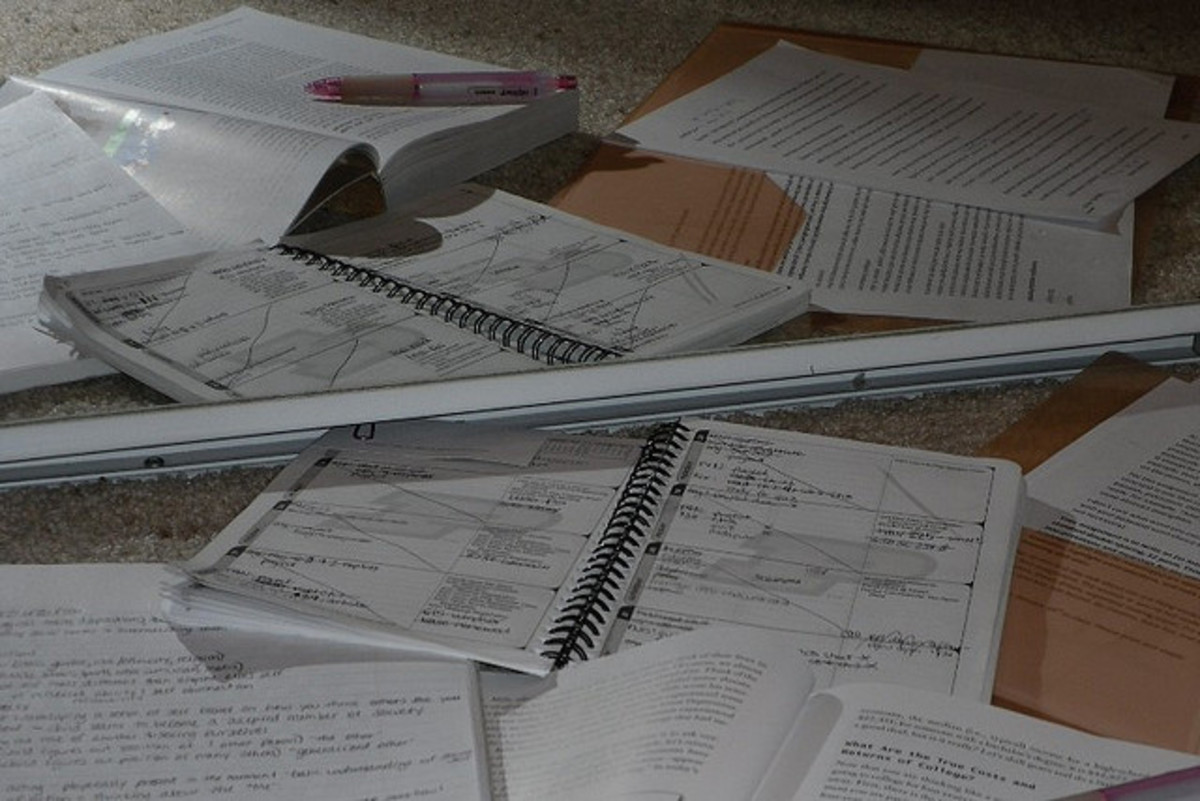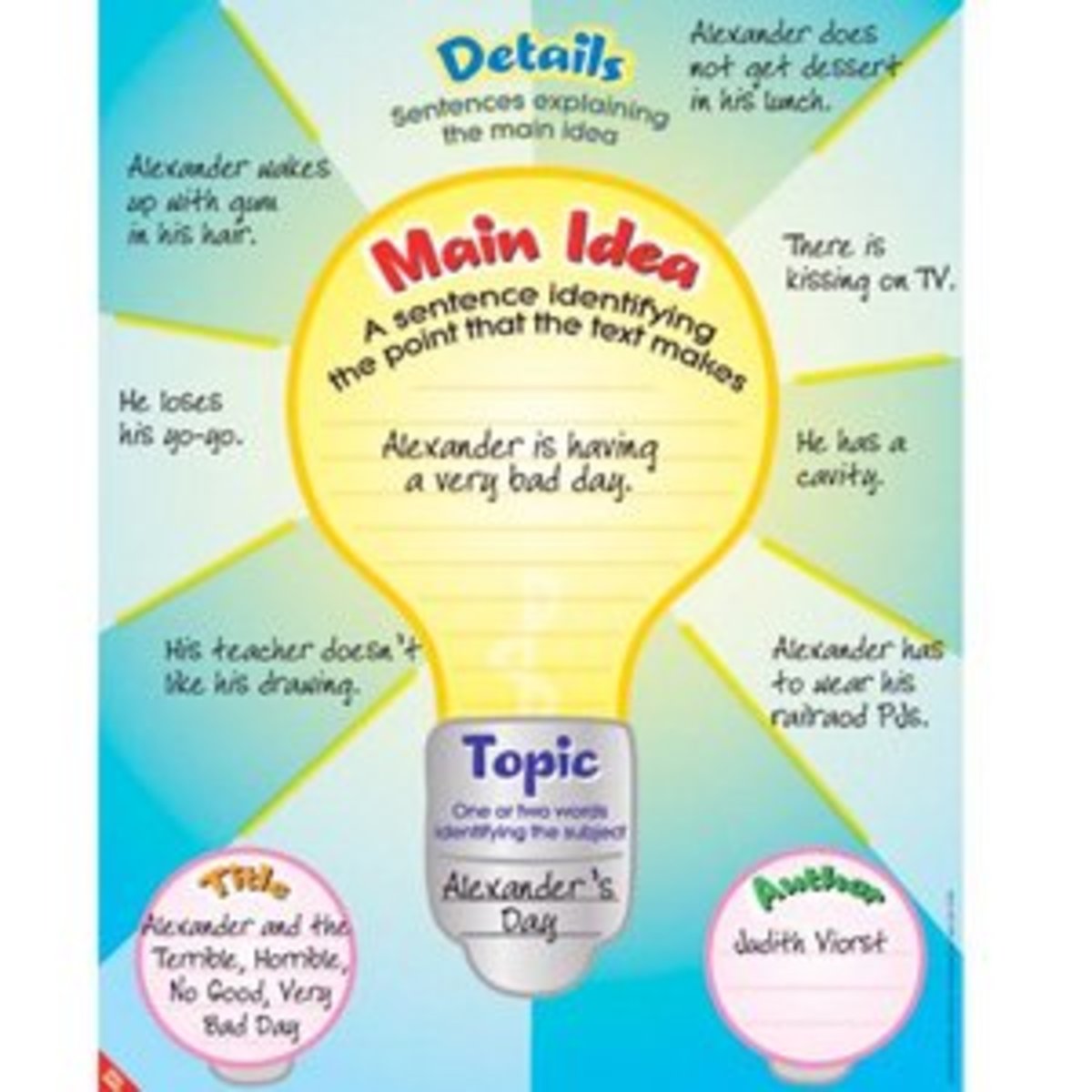How to prepare your child for standardized test
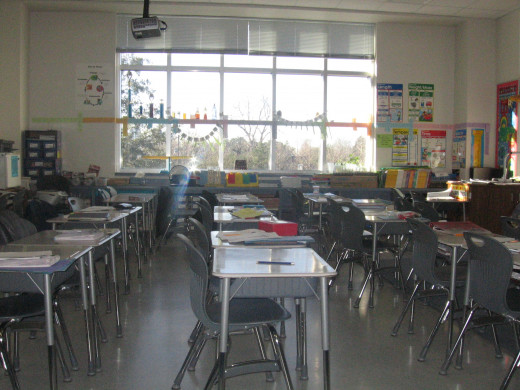
Standardized Test are measuring rod in Public Schools.
If your child is in the public school, you should be aware that teachers are being evaluated and judged based on how well your child does on standardized test. What is a standardized test? Basically, it is a tool used by many school districts and states to scale student achievement and progress, it answers rather or not students meet a standard knowledge. Standardize test are disliked by many parents and teachers alike. While they tend to provide a systematic way of identifying achievement they drive and force learning. Children tend to learn better when they are in happy learning environments. Many teachers fear that they will loose their jobs if students do not pass these test or they are often stressed to magically prepare, in some cases, drastically below level students for test they will not be ready for in two semesters. Parents stress also wondering what they can do to help their kids pass these test.It becomes more about the test than the child's learning. Some rely on tutors others constantly consult teachers to see what their child is learning and how they can aid at home.
As a teacher and a parent I feel that while the public school system should have a way of holding teachers responsible for truly teaching all their students. I do not think that standardized test meet the learning needs of all students. Children all learn differently, some students freeze when they are tested and are not able to think clearly. I do not feel that theses test really show what all children are capable of. The test limit teachers, because instead of just teaching they only spend time in many cases focused on what will help kids pass more than what will benefit each individual student in the long run.
So as parents we have to be aware of what the system looks like and how it works. Our children should be learning at home, learning every opportunity possible.You do not have to spend extra money to prepare your child to be successful.
1. In some school districts tutoring is offered for free, ask your child's teacher if it is available.
2. Reading to your child and asking them questions before and after reading helps with comprehension, recognizing details, and listening skills.
3.Create word problems with multiple steps to help your child practice with different operations(+, -,x,/), and talk them through their steps and strategies. Use real life examples. Ask the teacher for resources that she has left over for you to help your child practice at home.
4. Most schools have state objectives that should be available online for parents to access. print out your child's grade level and ask your child's teacher to walk you through the ones he or she identifies as your child's weaknesses. Ask for a blank copy of a similar test to work on at home.
5. Draw pictures, label, use whatever strategy that engages your child
6. Restrict the amount of TV and other electronics, and encourage quite thinking time.
7.Use educational apps and other educational aids to encourage learning at home. is not always guaranteed
While it is the job of teachers to teach it is possible that your child will not get all the extra attention needed in the public school system.
- Ordering Decimals on a numberline, and adding decima...
A lesson is for ordering decimals is provided with step by step procedures. Also an engaging game is included that will help students add decimals. - How to teach children to add three digits numbers?
For most of us adding is a basic math skill. However when you are adding large numbers in your head and are trying to estimate averages, your might find mental math very useful. When teaching children to add large numbers, in the past most teachers.. - Fractions: Ways to understand and explain
This is a step by step way to teach fractions. Often some kids struggle with all the different aspects. Teachers as well as parents can use visuals as well as everyday examples like eating a pizza to make learning fractions easy. This article also ta - Activities for 6-9 year olds
Our first, second,third and fourth graders are growing so fast. They use to be our babies, now they are learning to read and do arithmetic. I am anxious to share developmental knowledge and appropriate activities for these middle age kids. I would... - Differentiation in the Classroom
Differentiation is the idea of varying a technique or task to recognize differences. For so long people have always seemed to think that there is one way to do things right. However, considering that we are all different individuals, coming from...

